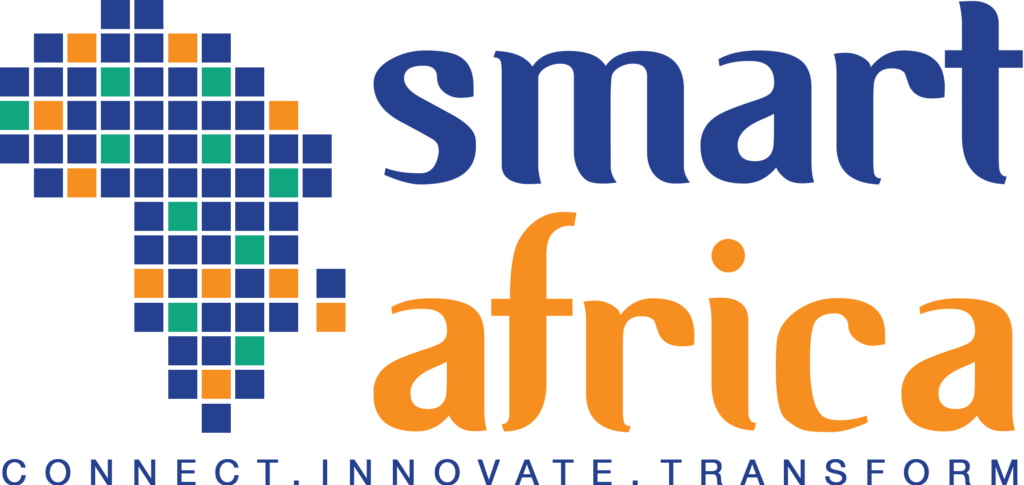
Smart Africa is a bold and innovative commitment from African Heads of State and Government to accelerate sustainable socio-economic development on the continent, ushering Africa into a knowledge economy through affordable access to Broadband and usage of Information and Communications Technologies. The Smart Africa Manifesto aims to put ICT at the center of member countries’ national socio-economic development agenda, promote the introduction of advanced technologies in telecommunication, and leverage ICT to promote sustainable development.
The governments of the Smart Africa Member States recognize the urgency to drive inclusion and economic growth through the development and adoption of strategies for education and skills development to build this required future workforce and meet the Sustainable Development Goals 4.
The Smart Africa Alliance responds to this urgency by placing ICT at the center of the national socio-economic development agenda, and through the capacity building of African citizens to utilize ICTs and be fully empowered participants of the ICT-driven economy and society. The Alliance established the Smart Africa Digital Academy (SADA) as a vehicle to implement its capacity building and skills development activities across member states.
SADA is a pan-African dynamic learning environment in which African citizens of all ages can gain or improve their digital skills, gain qualifications, and meet the emerging talent needs of employers.
SADA implementation currently targets five (5) digital skills development modules namely:
- Digital Skills for All – addressing an inclusive African citizen’s digital literacy;
- STEAM in Education – strengthening the digital capacity of our educational systems to mainstream Sciences, Technology, Engineering, Arts and Mathematics;
- ICT Specialized Training – create the enabling environment for youth, technology innovators, and entrepreneurs to thrive within the digital technology ecosystem of Africa;
- Advanced Digital Technology Training – sustaining digital lifelong learning and research;
- Capacity Building for Decision-makers (CBDM) – empowering our policy and decision-makers on latest technology trends to make informed decisions.
Since its start of operation in August 2020, focusing on the CBDM module, SADA has trained over 2000 policy and decision-makers across 26 countries in trending digital transformation topics including Artificial Intelligence Use Cases, 5G Connectivity, Data Protection & Privacy, Rural Broadband Policies, Security Technologies, Regulatory and Innovative Sandboxing Environments, Data Centers and Cloud, Digital Identity for Underserved, ePayment, etc. The objective is to reach over 22000 trained beneficiaries by 2023, supported by the SADA In-country implementation wave.
SADA seeks to complement existing platforms, content, and initiatives by bringing together a cross section of players within the capacity building ecosystem. So far, SADA has collaborated with the International Telecommunication Union (ITU), the World Bank, GIZ, IEEE, GSMA, Intel Corporation, Microsoft, HPE, Google, Ericsson, Rohdes & Schwartz, to name a few.
The establishment of National Digital Academies through ICT Ministries, supports the uniquely identified digital skills priority needs at the national level. The current countries for implementation are Benin, Burkina Faso, Congo, Côte d’Ivoire, Ghana, Rwanda, and Tunisia.
In the words of the CEO of Smart Africa, Mr. Lacina Koné: “Skilling a billion citizens may seem an impossible task. As a multi-stakeholder coalition, SADA will achieve this through the powers of ownership, collaboration, and partnership to define a sustainable environment for skills development. We call for all our country members state, private sector, development partners and any interested stakeholder to support the SADA initiative to join this ambitious yet achievable programme”. With a vision to create a single digital market in Africa by 2030, the Smart Africa Alliance will ensure an all-inclusive digital transformation by building the digital skills of African citizens


















